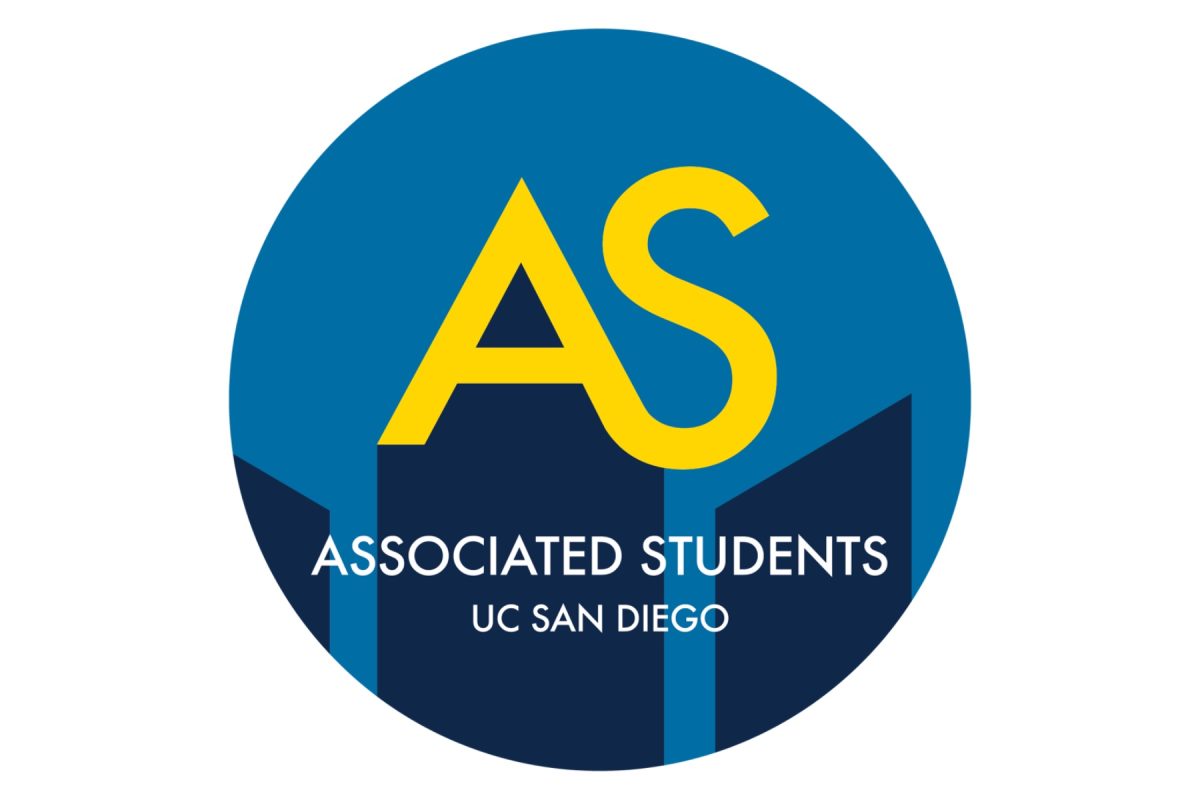Undergraduate and graduate students attended the second annual Geisel After Dark: Student Success and Safety Information Fair at the Seuss Room in Geisel Library last Wednesday. Coordinators of Geisel Library’s information fair aimed to increase student awareness of personal safety and available student support services such as Counseling and Psychological Services and Campus Police and Residential Security Officers.
Director of the Learning Spaces program and event coordinator Kymberly Goodson told the UCSD Guardian the turnout this year can be attributed to the fair’s location.
“[Geisel After Dark] was [previously] held at a different location that had two separate rooms, one for safety information and the other for academic related information,” Goodson said. “But it’s all in one location this year, and it seems to have worked better. People seem to be visiting more tables this year. Last year we received about 400 or so comment cards, and it certainly seems like we got that again this year.”
Revelle College junior Alexa Azuara said that the fair introduced her to available services that she did not know existed, such as the walking machines.
“I didn’t expect how open and talkative the format of the fair would be, as I didn’t attend last year and only decided to check it out after seeing the coordinators walking around with a sign,” Azuara told the Guardian. “I learned that you could check out 200 books at once, and [the library] implemented walking machines because of student comments last year. Maybe I’ll try out the walking machines the next time I study here.”
Groups such as the Digital Library Development Program attended to encourage students to use digitized library materials and to provide data-management options for the campus researchers.
The program’s director, Roger Smith, explained that the library is committed to preserving research content through their research-data curation system.
“We’re looking to expand the understanding of the library’s digital collections as a distinct resource and an access point for digitized primary sources,” Smith told the Guardian. “Tonight, I got to talk to a lot of graduate students about data curation, and those students will become researchers pretty soon, so it’s important for them to understand the concept of a data-management plan and to have really good long-term preservation strategies for their research content.”
CAPS promoted its programs for maintaining the mental health and sustaining the well-being of students. The Campus Police and RSOs attended to increase awareness for the resources that they provide, such as safety escorts and rape aggression defense classes.
Revelle College senior Alex Zha described how he finds the late-night transportation which Community Service Officers offer to students especially useful.
“I was really surprised that they offer free rides from the [biomedical] library and to people who live off-campus — they’ll just drive you home. So that’s really nice and convenient,” Zha said. “I liked how everyone seemed really excited to talk about whatever booth they were a part of.”







